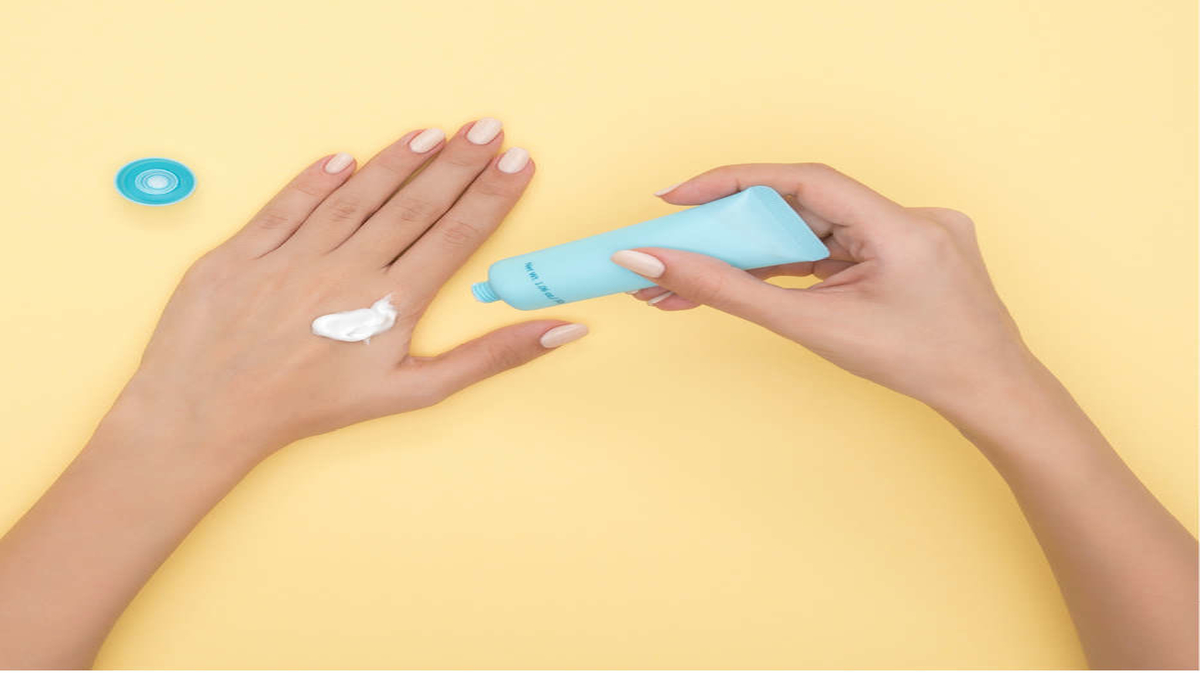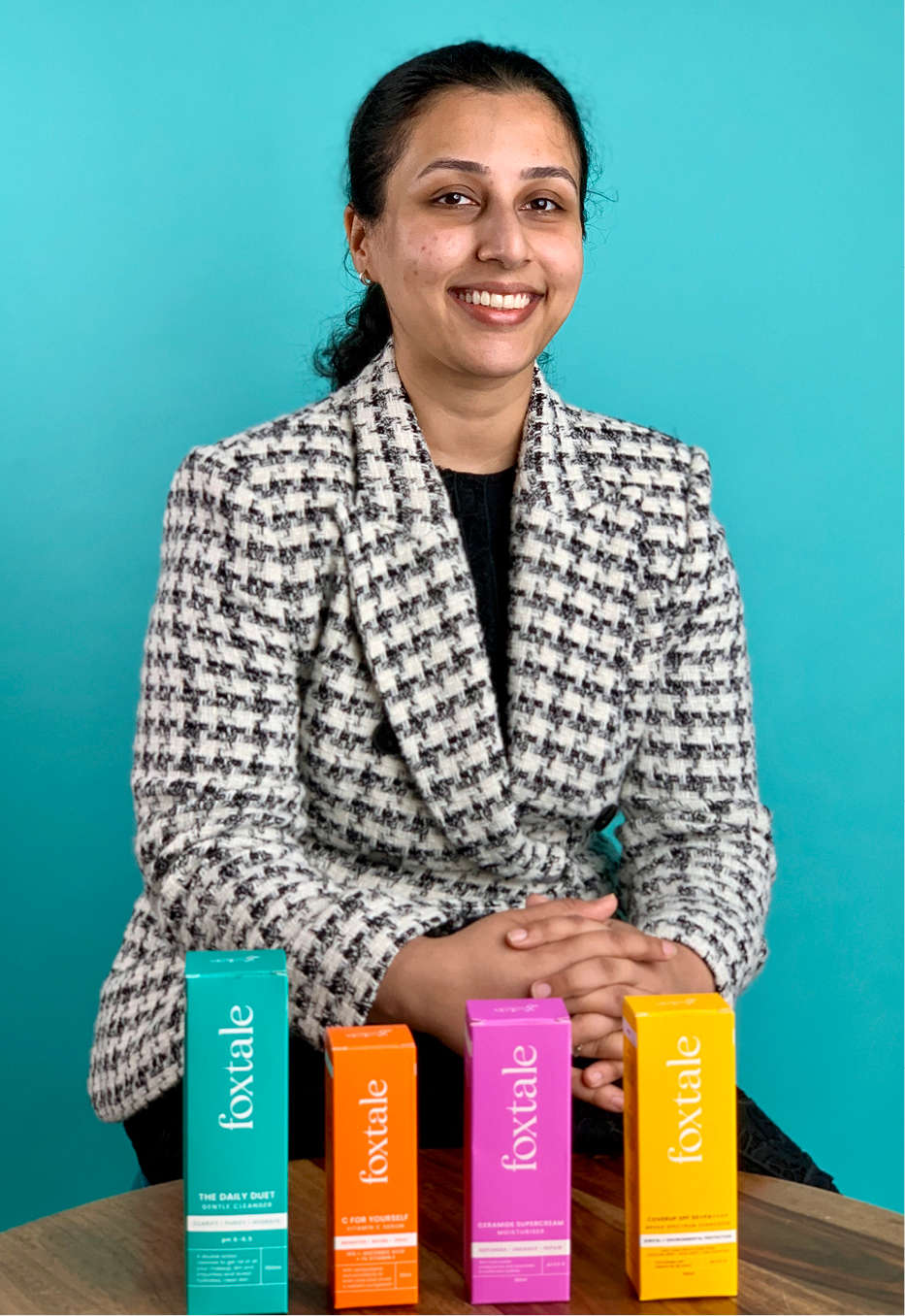


Ask any skincare aficionado, in fact, even those that consider themselves novices and they will say sunscreen is non-negotiable. Mothers, dermatologists and anyone whose two cents matter most will concur. It is the grand finale to a morning skincare routine in the truest sense of the term. It is the shield that protects your skin from environmental stressors, pollution and the all-too-powerful ultraviolet rays of the sun. In doing this, not only does it slow down how visibly skin ages, but it also protects from diseases like skin cancer that could potentially be life-threatening.
Perhaps the most common misconception about sunscreen is the association built between sunscreen and the summer heat. Several people associate sunscreen solely with going to the beach, sports or just being outdoors in May. The truth is, the sun spares no one. So even on a cloudy day in the peak of winter, sunburn caused by UVB rays is just as likely. UVA rays too can cut through fog, clouds and even glass. Snow can also reflect UV rays and double exposure can speed up premature ageing and the likelihood of skin cancer drastically.

Additionally, damage caused by blue light, also known as High Energy Visible (HEV) light to skin is often overlooked. Electronic devices such as TVs, smartphones and laptops contribute to premature ageing and discolouration too. This is where sunscreens are an additional asset, especially those with iron oxide.
A broad-spectrum sunscreen with an SPF above 30 is a power player when inhibiting sun damage, reducing chances of skin cancer, preventing sunburns and making skin spotless and even. To maximise the benefits, they must be used around the year, with reapplications through the day when necessary. Using sunscreen with an SPF above 30 is also essential. It provides around 96% protection from UVA and UVB rays.
There is room to boost the efficacy of this all-powerful product still. The magical ingredients are Vitamins, which are rich in antioxidative properties. In tandem with sunscreen, they activate sun protection to the highest potential. Vitamin A (retinyl esters) helps absorb UVB rays extensively. This is a tricky balance, as without the application of sunscreen the morning after, they only make the skin more sensitive to sun damage. Vitamin C is a powerful antioxidant that is considered to protect against free radical damage caused by the sun better than most. When used with a broad-spectrum sunscreen, it creates the highest efficacy possible in terms of sun damage protection. Vitamin E, especially in conjunction with Vitamin C is a strong antioxidant. When applied topically, it reduces UV damage and protects aggressively from free radicals.
Myths associated with Vitamins can deter one from sunscreen use too. People say sun protection means less absorption of UVB rays technically reduces the production of Vitamin D in the body. The lack of Vitamin D is believed to increase the incidence of several diseases related to muscle and bone weakness. However, there is little proof that sunscreen is what is inhibiting Vitamin D in the body. Sunscreen helps with the reduction in incidences of skin cancer, which is a hypothesis that has been proven time and again. The protection provided by sunscreens outweighs the speculation that it reduces Vitamin D production extensively.
The world is abuzz with conversation around skin safety and skin health. Sunscreen is the product that has gathered an undefeatable consensus. Applying it year-round ensures healthy skin, not just superficially but also in terms of long-term damage to skin and health, and no one will tell you otherwise. Consumers must choose a formula that suits their needs and their skin type. Use a broad-spectrum sunscreen religiously even for a month, and there will be remarkable results.
The writer is the founder of Foxtale.